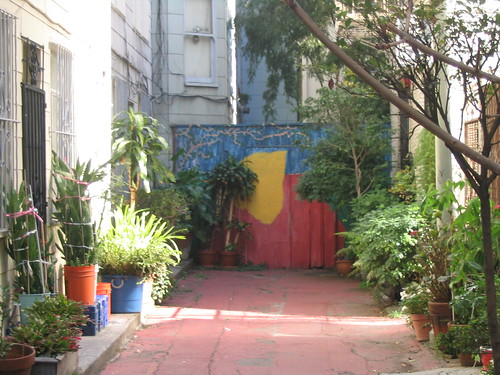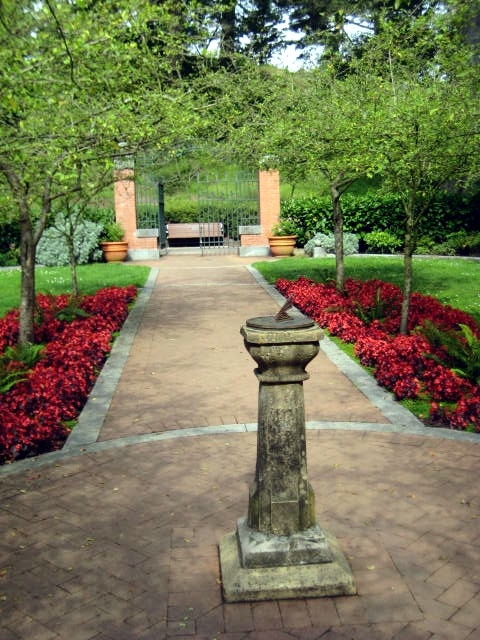Monrovia Nurseries has come up with yet a new scheme they hope independent garden centers (IGC's) will jump on. According to Garden Centers Magazine,“Monrovia Nursery is launching an e-commerce website by mid-January 2014, and consumers will be able to buy plants directly from the company. But Monrovia won’t ship the purchased plants to gardeners’ homes. Instead, the California-based nursery will deliver the plants to participating independent garden centers, which will then distribute them to customers.”
The customer chooses the plants at the Monrovia website. The plants are pre-priced according to what Monrovia feels is an “appropriate retail price”. The plants are then shipped to the local IGC for pick-up by the end customer. According to David Kirby, vice president of sales at Monrovia,“The plants will be delivered directly to the stores, and the garden centers will receive the normal retail markup from the sale. Once consumers purchase the plants, they’ll receive a message indicating that Monrovia will ship them to the local IGC once they have finished growing and are in prime condition. The plants will be delivered between March and May, have a label with the gardener’s name, a thank you tag and a fresh, clean container.”
Of course Monrovia hopes IGC’s will jump on board with this. It was IGC’s who tried to help Monrovia out of a jam just a couple of years ago, but to no avail. Monrovia threatened to go out of business or into the chain and box stores if IGC's didn't buy more plants. Many IGC’s did buy extra plant stock, but to no avail. Turns out Monrovia had been planning on going into the chain stores all along, and used the IGC’s long standing relationship of support to sell a few more plants. Monrovia eventually headed to Home Depot. These day's they sell their plants through Lowe's. Why wouldn't Monrovia eventually just sell and ship the plants directly to the end customer, keeping all the profit?
I have followed and reported on Monrovia for years. Monrovia is doing exactly what is to be expected these days as the horticultural trade continues to fragment, and shrink. It's the future, and it would be unwise of them not to at least look into it. However, expecting the (IGC) to help them out again? Seems a bit of a reach. How does that saying go? “Fool me once shame on you, fool me twice shame on me”.






